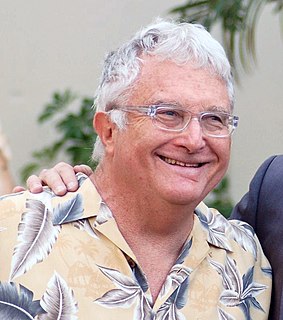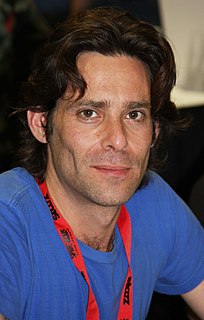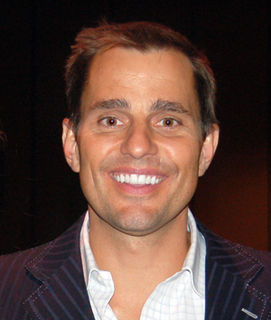A Quote by Randy Newman
I think in most cases, unless you're writing about a character who is garrulous, you say what you've got to say and then get out. Those little conjunctions, those little turnaround words help you do it. That's the way I like to write: I get rid of things rather than add them.
Related Quotes
But I'd rather help than watch. I'd rather have a heart than a mind. I'd rather expose too much than too little. I'd rather say hello to strangers than be afraid of them. I would rather know all this about myself than have more money than I need. I'd rather have something to love than a way to impress you.
A lot of kind of like the way that Andy [Bernard] talks, you know, the writers pick up on those things - little moments that I inject and then they start to write it in later. It's hard to say if a whole storyline is spun out of an improv. I feel like it has happened on The Office, I just can't think of it.
Although I usually think I know what I'm going to be writing about, what I'm going to say, most of the time it doesn't happen that way at all. At some point I get misled down a garden path, I get surprised by an idea that I hadn't anticipated getting, which is a little bit like being in a laboratory.
When you are writing, you have to love all your characters. If you're writing something from a minor character's point of view, you really need to stop and say the purpose of this character isn't to be somebody's sidekick or to come in and put the horse in the stable. The purpose of this character is you're getting a little window into that character's life and that character's day. You have to write them as if they're not a minor character, because they do have their own things going on.
Rather than, as an actor, I want the audience to like me, I'm going to smile beautifully and I've got everybody's sympathy - what about showing the moments when somebody is unbelievably petty? Or really selfish? The faults, the little things, those are the things that interested me about playing the character.
I never really put pressure on myself to make things seem new and spontaneous, mostly because I think everything is kind of derivative at this point. I enjoy the old-fashioned idea of like, His Girl Friday and Bringing Up Baby, those old movies. Those relationships are kind of where I've gotten inspiration for this character and this relationship. But I think what makes it new is just the words coming out of my mouth personally, and my take on it based on my own personal life experience is hopefully going to add something a little different, and add some flavor to it.
I think people were a little bit too concerned about what I would or would not be allowed to say. So let me just get that out of the way and get on to the business of telling, you know, a story, or two, or three, or 15. And also to say, "Okay, look. Here it is, don't worry about it. The restrictions and the watered-down and all the stuff that you thought was gonna happen really isn't the case." So we done got that out the way, and now we can just kind of move on.
What I think a lot of great marathon runners do is envision crossing that finish line. Visualization is critical. But for me, I set a lot of little goals along the way to get my mind off that overwhelming goal of 26.2 miles. I know I've got to get to 5, and 12, and 16, and then I celebrate those little victories along the way.
































